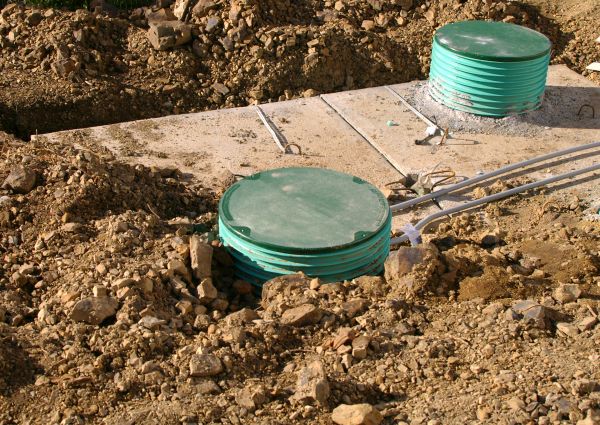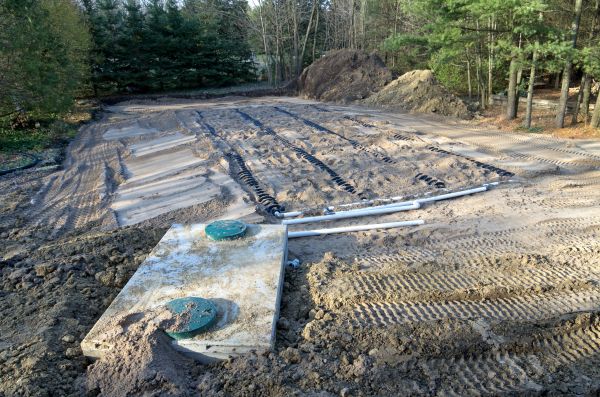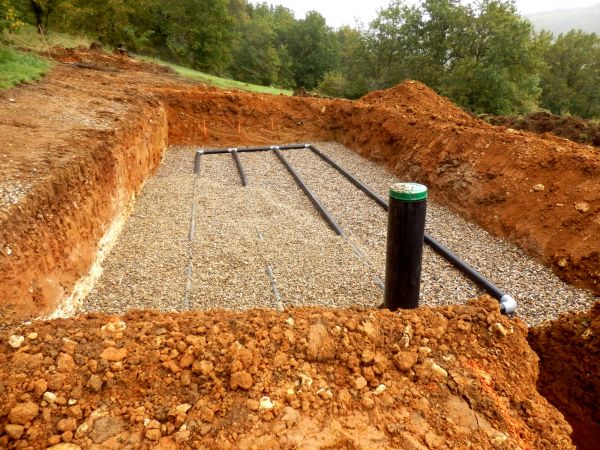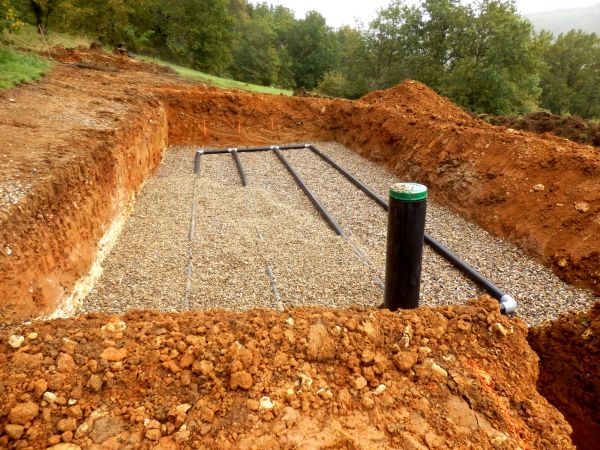Septic System Replacement Service
Affordable Septic System Replacement
Septic system replacement is a crucial process for maintaining the health and functionality of a property's wastewater management. Over time, septic systems can become less efficient or fail entirely due to age, usage, or environmental factors. Replacing an outdated or failing septic system ensures that waste is effectively processed and disposed of, preventing potential health hazards, environmental contamination, and costly repairs in the future. This proactive approach not only safeguards the property but also contributes to the overall well-being of the community and surrounding natural resources.
Benefits of Septic System Replacement
-
Improved Efficiency
A new septic system is designed with the latest technology and materials, ensuring optimal performance. This means waste is processed more efficiently, reducing the likelihood of backups and overflows that can cause unpleasant odors and unsanitary conditions. -
Environmental Protection
By replacing an old septic system, you significantly reduce the risk of untreated wastewater leaking into the ground and contaminating local water sources. This helps protect the environment and maintain the quality of groundwater, which is essential for both human and ecological health. -
Increased Property Value
A modern, well-functioning septic system can enhance the value of a property. Potential buyers are more likely to be interested in a property with a reliable wastewater management system, knowing they won't face immediate replacement costs or environmental issues. -
Cost Savings Over Time
While the upfront cost of replacing a septic system can be significant, it often leads to long-term savings. A new system reduces the need for frequent repairs and maintenance, and prevents costly damage to the property and surrounding areas.
FAQs About Septic System Replacement
How do I know if my septic system needs replacement?
Common signs include frequent backups, slow drains, foul odors, and lush patches of grass over the drain field. A professional inspection can provide a definitive assessment.
What is the typical lifespan of a septic system?
Most septic systems last between 20 to 30 years, depending on usage, maintenance, and environmental conditions. Regular inspections can help determine when replacement is necessary.
Can I replace my septic system myself?
Replacing a septic system involves complex procedures and must comply with local regulations. It is highly recommended to hire a licensed professional to ensure the job is done safely and correctly.
How long does the replacement process take?
The time required can vary based on the size of the system and site conditions, but most replacements take between one to two weeks from start to finish.
Fill out the contact form to request Septic System Replacement today and experience the benefits of a modern, efficient system that protects your property and the environment.




